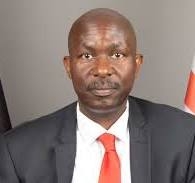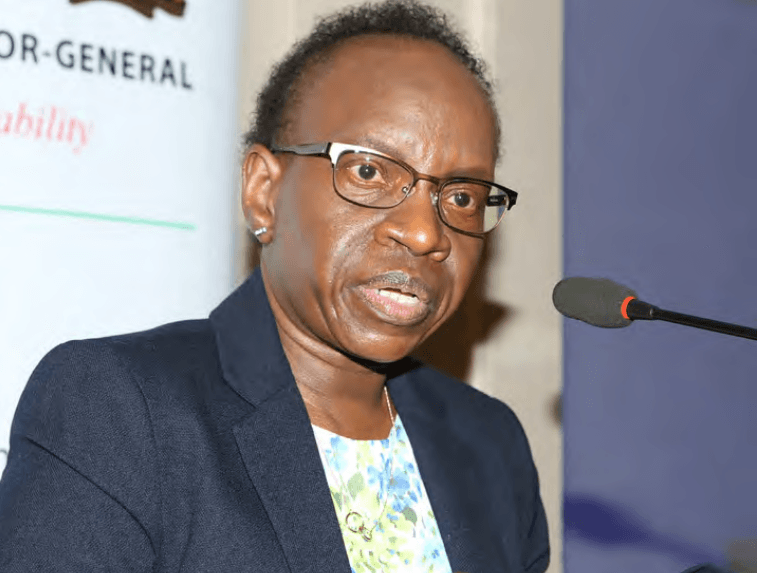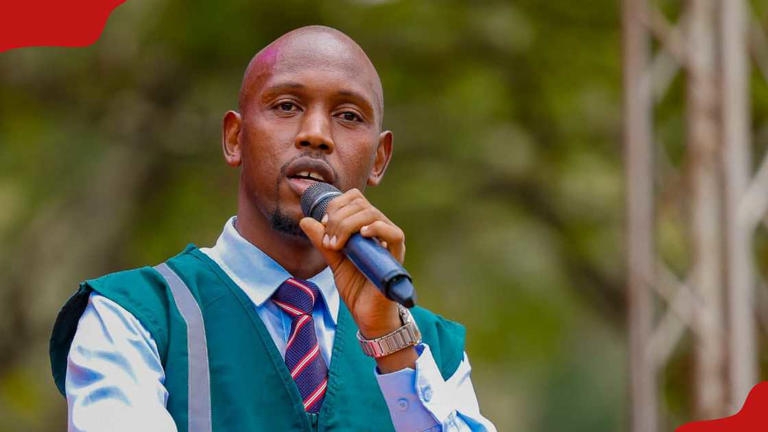President William Ruto’s administration has overhauled the payroll system to weed out ghost workers.
The government has collapsed the integrated personnel and payroll system and replaced it with a unified human resource system.
“The system will consolidate human resources and payroll data in the public service for access through a single warehouse,” the brief from the National Treasury seen by the Star reads.
The system has been piloted in ministries, state departments and counties. It is linked to the Kenya Revenue Authority's iTax system.
“This is to facilitate the filing of PAYE tax element associated with individual employees and total monthly PAYE tax obligation from the state departments,” the brief approved by Cabinet in its sitting on Wednesday reads.
The government says by July, all state agencies, including state corporations, commissions and independent offices, will be connected to the system.
“The government intends to roll out the UHR system for the entire public service by July 2024. The rollout of the UHR will be carried out in phases.”
Recently, the Public Service Commission reported that its review unmasked 20,000 ghost workers in the state payroll.
PSC revealed in its latest compliance report that there was an excess of 19,467 workers, the highest number – 975 employees, being at State House and New Kenya Cooperative Creameries (New KCC).
Six organisations were found with high disparities with an excess of more than 100 members of staff compared to those recorded in the staff register.
State House had an unexplained workforce of 483, while New KCC had 492.
“The unexplained variance could create room for unauthorised recruitment of staff,” PSC said.
The commission directed the state agencies to audit their registers to establish the reasons for the variance in the number of staff against the filled vacancies.
Ministries and state departments accounted for the highest at 12,535, followed by state corporations and SAGAs at 4,558 and 2,287 in public universities.
The 2023 review revealed there were 58 cases at the constitutional commissions and 29 at statutory commissions and authorities.
In further corrective measures, the government says the new payroll system will be linked to other deductions “to enable all remittances to be sent to respective entities”.
Among deductions targeted include Pension Funds and other employees’ contributions schemes, which the state says would be done by July 2024.
Details show the roll out began in September 2023, a process that has seen some cadres of staff from various agencies enrolled into the system.
All state agencies that have adopted the unified payroll numbering (UPN) system have been connected to the system, including the Teachers Service Commission.
“The 349,000 teachers under TSC have been issued with UPN,” the Treasury note shows, further indicating that all commissions and independent offices, state corporations, public universities, and agencies will have their staff assigned UPNs by July 2024.
Public finance monitors have also raised concerns that ghost workers bleed taxpayers billions of shillings.
A report of the Controller of Budget for the period to March 2023 revealed that the payments outside the approved payroll amounted to Sh5.7 billion.
In the first quarter of the current financial year, counties paid Sh3 billion in salaries outside the approved payroll systems, sparking a query by the budget boss.
CoB Margaret Nyakang’o revealed in the review that the counties were paying salaries through the manual payroll system instead of the recommended system.
The budget boss has over time maintained that the manual payroll is prone to abuse and may lead to loss of public funds – through payment of ghost workers.
The report showed several counties were yet to assign their staff unique personnel numbers, contrary to an order by the Head of Public Service.
As a way out, President Ruto’s team says, “the government will continue to transform the public service sector to make it more responsive to people's needs.”
In particular, the government says it will continue to facilitate the Public Service Commission “to exhibit high levels of productivity, good governance, diligence and excellent performance”.
“Efforts have been made to improve the efficiency and professionalism of the civil service. This includes hiring, training and performance evaluation of civil servants.”
Lately, the public service has also been rocked with cases of fake academic papers.

















